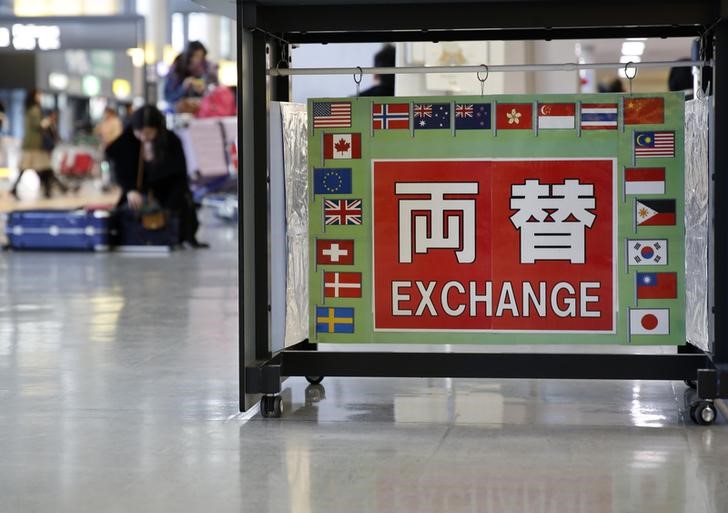(Bloomberg) -- The U.S. government is inching further on efforts to boot Chinese companies off American stock exchanges for not complying with Washington’s disclosure requirements.
The Securities and Exchange Commission on Thursday announced its final plan for putting in place a new law that mandates foreign companies open their books to U.S. scrutiny or risk being kicked off the New York Stock Exchange and Nasdaq within three years. China and Hong Kong are the only two jurisdictions that refuse to allow the inspections despite Washington requiring them since 2002.
The SEC’s new rule, which lays out how the regulator will identify companies subject to delisting and the procedure for kicking non-compliant firms off exchanges, is the latest development in a tussle between financial officials in the world’s two biggest economies. While much of the recent tension has been around the shell companies that Chinese firms use to list in the U.S., Thursday’s regulation dates back decades.
“If you want to issue public securities in the U.S., the firms that audit your books have to be subject to inspection by the Public Company Accounting Oversight Board,” SEC Chair Gary Gensler said in a statement. “While more than 50 jurisdictions have worked with the PCAOB to allow the required inspections, two historically have not: China and Hong Kong”
The rule gets the ball rolling on a process that could lead to more than 200 companies being kicked off U.S. exchanges. At issue is a problem that has vexed U.S. regulators for more than a decade: China’s refusal to let inspectors from the PCAOB review audits of firms such as Alibaba (NYSE:BABA) Group Holding Ltd. and Baidu Inc (NASDAQ:BIDU). that trade on American exchanges. It has gained urgency due to rising tensions between the two countries and following the high-profile accounting scandal at Luckin Coffee (OTC:LKNCY) Inc.
In a rare bipartisan move during the Trump administration, Congress in December 2020 mandated that Chinese companies finally open their books -- and required the SEC to write rules for the ones that don’t comply. Thursday’s final plan satisfies that requirement.
The new rules comes after SEC Chair Gary Gensler said in July that the regulator would halt new Chinese initial public offerings, in part over a lack of disclosure around those so-called variable interest entities. Separately, Bloomberg News reported earlier this week that China was planning to ban companies from going public on foreign stock markets through VIEs.
©2021 Bloomberg L.P.
